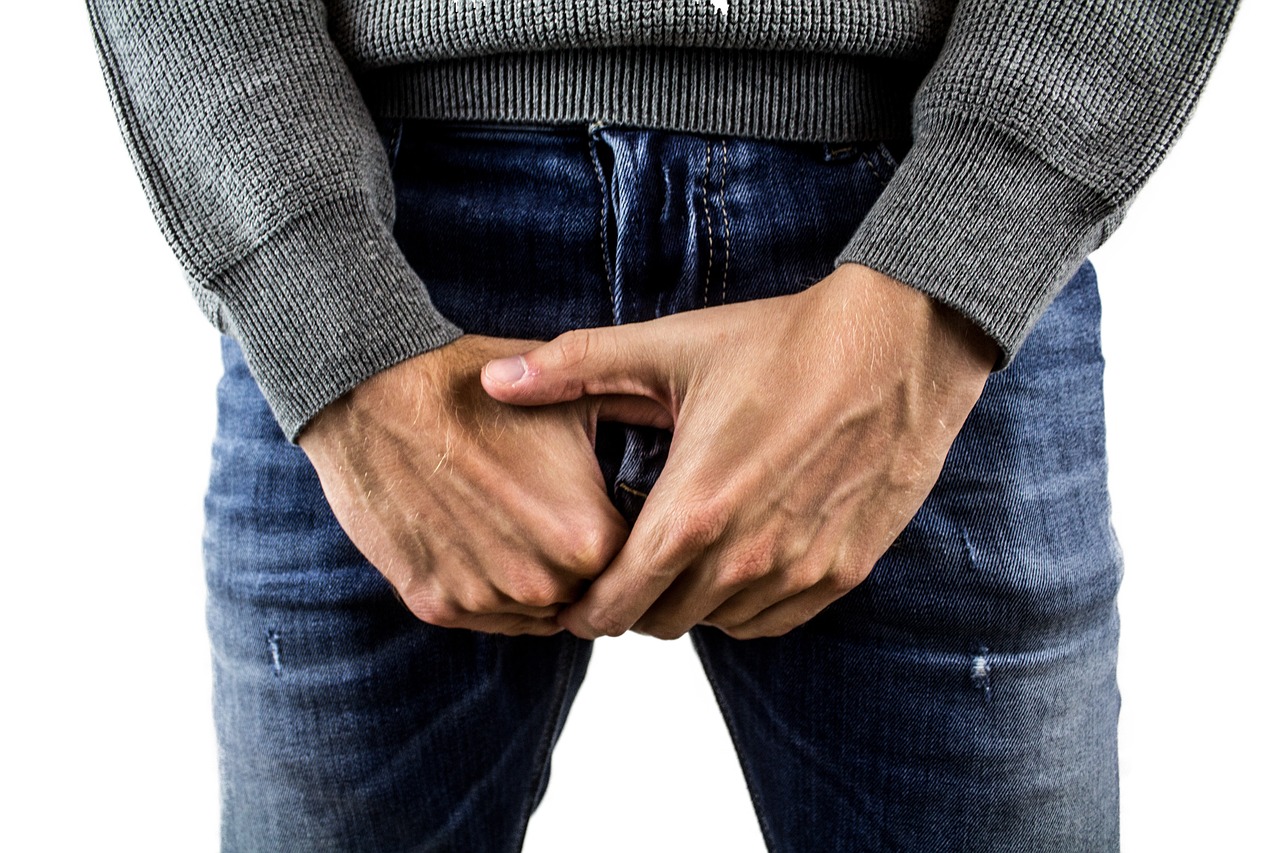Your cart is currently empty!

Supplements for Male Sexual Performance
Posted by:
|
On:
|
Popular Over-the-Counter Supplements for Male Sexual Performance: A Critical Look
Many men experience occasional issues with sexual performance, and some may turn to over-the-counter (OTC) supplements for help. While these supplements are widely available, it’s crucial to approach them with caution. The effectiveness of many remains scientifically unproven, and some may carry potential health risks. The supplement industry is a multi-billion dollar business, and marketing claims are often not supported by robust scientific evidence. This makes careful evaluation of any supplement crucial.
This article explores some of the popular OTC supplements marketed for male sexual performance, examining the research behind their purported benefits, limitations, and potential side effects.
Important Note: Before taking any supplement, it’s crucial to consult with a healthcare professional. They can assess your individual needs, consider any underlying health conditions or medications you’re taking, and provide personalized advice. Self-treating erectile dysfunction or other sexual performance issues can be dangerous, as it may delay diagnosis and treatment of underlying medical conditions.

Popular OTC Supplements for Male Sexual Performance and Their Uses
- L-arginine: This amino acid plays a role in producing nitric oxide, which helps relax blood vessels, potentially improving blood flow to the penis. Nitric oxide is essential for achieving and maintaining an erection. Some small studies suggest that L-arginine may be helpful for men with mild to moderate erectile dysfunction (ED), particularly when combined with other treatments. However, other studies have shown no significant benefit. The effectiveness of L-arginine can vary depending on the dosage and individual factors. It is important to note that L-arginine’s effects on severe ED are likely limited.
- Ginseng: Various types of ginseng, including Panax ginseng (Asian ginseng) and American ginseng, have been used traditionally for their purported aphrodisiac properties. Ginseng is believed to have adaptogenic properties, meaning it may help the body adapt to stress. Some small studies indicate that ginseng may improve sexual function, including libido and erectile function, in men. However, the evidence is inconclusive, and larger, more rigorous studies are needed to confirm these findings. Different types of ginseng may have varying effects, and standardization of extracts can be an issue.
- Maca: This Peruvian root has been traditionally used to enhance fertility and sexual desire. Maca is rich in nutrients, but its specific mechanisms of action on sexual function are not fully understood. While some studies suggest that maca may improve libido or sexual desire, its effects on erectile function are less clear. Some research indicates a possible positive impact on sperm quality and motility. More research is needed to determine the optimal dosage and long-term effects of maca.
- Yohimbine: Derived from the bark of an African tree, yohimbine has been used for ED. Yohimbine acts as an alpha-2 adrenergic antagonist, which can increase blood flow to the penis. However, the evidence supporting its effectiveness is weak, and it can cause significant side effects. Yohimbine is not recommended for individuals with heart conditions, anxiety disorders, or high blood pressure. Due to its potential side effects and limited effectiveness, yohimbine is generally not considered a first-line treatment for ED.
- Horny goat weed: This herb contains icariin, which may have similar effects to some ED medications, such as PDE5 inhibitors. Icariin may work by increasing nitric oxide levels and inhibiting PDE5, an enzyme that breaks down cGMP, a molecule involved in smooth muscle relaxation and blood flow. However, research on horny goat weed is limited, and its long-term safety and efficacy are unknown. Standardization of horny goat weed products can be a concern, and the amount of icariin can vary widely.
- DHEA (Dehydroepiandrosterone): This hormone is a precursor to testosterone and estrogen. DHEA levels naturally decline with age. Some studies suggest that DHEA supplementation may improve sexual function in men with low testosterone levels. However, the benefits of DHEA supplementation for sexual function are not well-established, and more research is needed. DHEA can have hormonal effects and may interact with other medications. It is important to have DHEA levels checked by a doctor before supplementing.
Benefits, Limitations, and Side Effects of Supplements on Sexual Performance
It’s important to note that the research on many of these supplements is limited, and the results are often mixed. While some studies suggest potential benefits, more rigorous research, including large-scale, randomized controlled trials, is needed to confirm their effectiveness. Many studies are small, have methodological limitations, or involve animal models, making it difficult to extrapolate the results to humans.
Additionally, OTC supplements are not regulated by the FDA in the same way as prescription medications. This means that their quality, purity, and potency may vary, and they may contain undisclosed ingredients or contaminants. This lack of regulation poses a significant risk to consumers. Third-party testing of supplements is recommended to ensure quality and purity.
Some supplements can also interact with medications or have side effects. For example, yohimbine can cause anxiety, increased heart rate, and high blood pressure. L-arginine may cause nausea, diarrhea, and stomach cramps. Ginseng can interact with blood thinners. It is crucial to discuss any supplements you are considering with your doctor, especially if you have any existing health conditions or are taking other medications.
Lifestyle Factors and Medical Evaluation
It’s important to address underlying lifestyle factors that can contribute to sexual dysfunction, such as diet, exercise, stress, and sleep. Making positive lifestyle changes can often have a significant impact on sexual health. Erectile dysfunction can also be a symptom of underlying medical conditions, such as diabetes, heart disease, or depression. Therefore, a thorough medical evaluation is essential to rule out any underlying causes and receive appropriate treatment.
References
- National Institutes of Health Office of Dietary Supplements: Erectile Dysfunction: https://ods.od.nih.gov/factsheets/ErectileDysfunction-Consumer/
- Mayo Clinic: Erectile dysfunction: https://www.mayoclinic.org/diseases-conditions/erectile-dysfunction/diagnosis-treatment/drc-20355781
- WebMD: Male Enhancement Supplements: Do They Really Work?: https://www.webmd.com/erectile-dysfunction/guide/male-enhancement-supplements